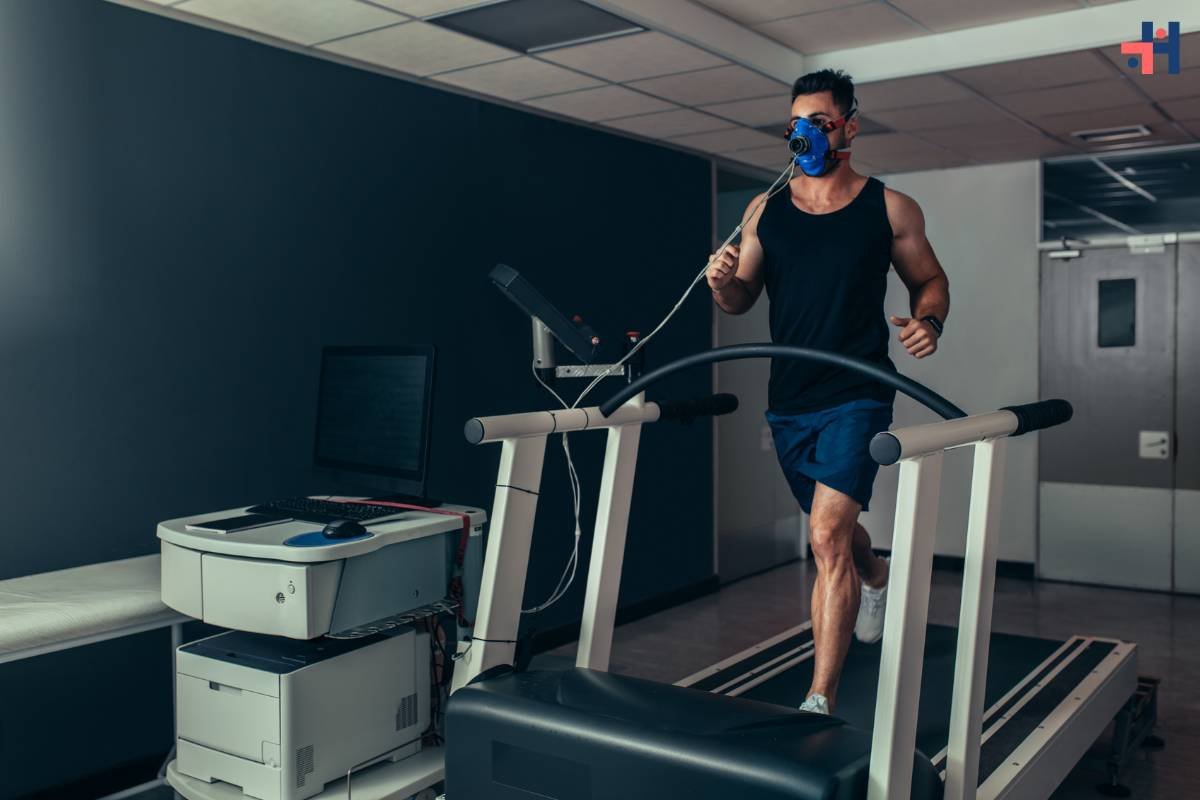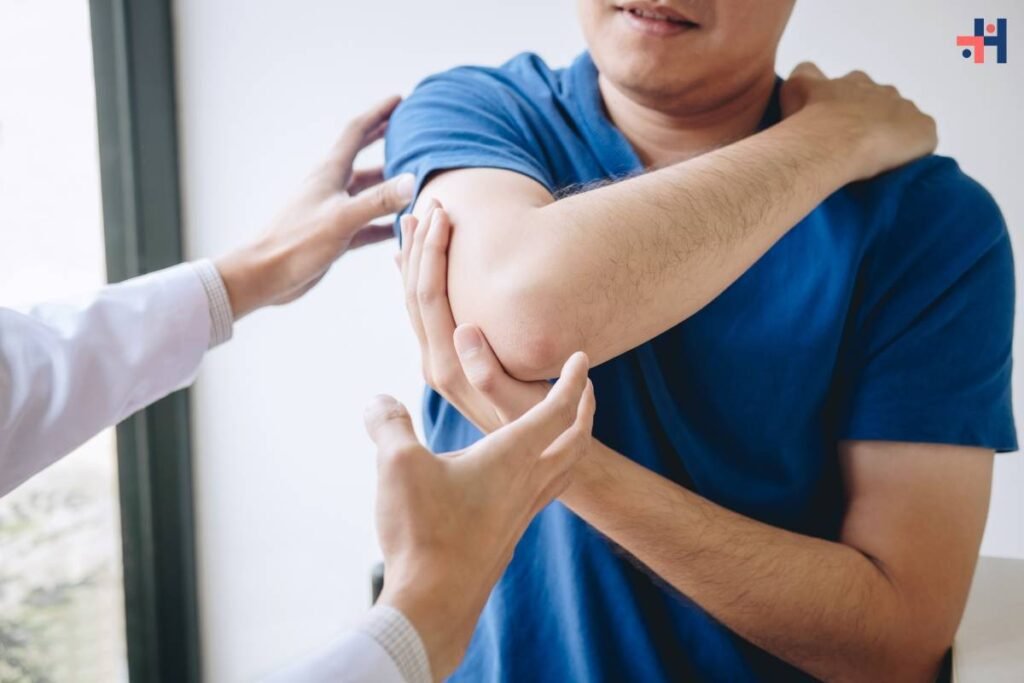Choosing a career in sports medicine opens doors to a dynamic and fulfilling field that combines passion for sports with expertise in healthcare. Whether you dream of becoming an athletic trainer, physical therapist, or sports medicine physician, pursuing a degree in sports medicine is the first step towards achieving your goals. In this guide, we’ll delve into the essential sports medicine major requirements, providing valuable insights and tips to help you navigate your academic journey effectively.
Understanding Sports Medicine Major Requirements:
Sports medicine encompasses a multidisciplinary approach to healthcare, focusing on the prevention, diagnosis, treatment, and rehabilitation of sports-related injuries and conditions. Professionals in this field work closely with athletes and active individuals of all ages and skill levels to optimize performance, promote injury prevention, and enhance overall well-being.
Core Curriculum of Sports Medicine Major Requirements:
The core curriculum for a sports medicine major requirements typically includes a blend of foundational science courses, specialized coursework in sports medicine principles, and hands-on clinical experiences. While specific requirements may vary depending on the institution, common courses you can expect to encounter include:

- Anatomy and Physiology: An in-depth study of the structure and function of the human body, including musculoskeletal, cardiovascular, and respiratory systems.
- Exercise Physiology: Exploring the physiological responses to exercise and physical activity, including energy metabolism, cardiovascular adaptation, and neuromuscular function.
- Biomechanics: Understanding the mechanical principles governing human movement, with a focus on sports-specific mechanics and injury mechanics.
- Nutrition for Athletes: Examining the role of nutrition in optimizing athletic performance, recovery, and overall health, with an emphasis on sports-specific dietary strategies.
- Injury Evaluation and Rehabilitation: Learning the principles of injury assessment, rehabilitation techniques, therapeutic modalities, and functional rehabilitation exercises.
- Sports Psychology: Exploring the psychological factors influencing athletic performance, motivation, goal-setting, and stress management.
- Pharmacology and Sports Medicine: Understanding the pharmacological interventions commonly used in sports medicine practice, including pain management, anti-inflammatory agents, and performance-enhancing drugs.
Clinical Experiences:
In addition to classroom-based learning, sports medicine major requirements are typically required to complete hands-on clinical experiences to gain practical skills and real-world exposure to the field. These experiences may include:
- Internships: Opportunities to work alongside certified athletic trainers, physical therapists, and sports medicine physicians in clinical settings, athletic training rooms, or sports rehabilitation centers.
- Field Experience: Hands-on experiences providing medical coverage and injury prevention services at sporting events, athletic competitions, or team practices under the supervision of licensed professionals.
- Research Opportunities: Engaging in research projects or independent studies related to sports medicine topics, contributing to advancements in the field and developing critical thinking and analytical skills.

Certifications and Licensure in Sports Medicine Major Requirements:
Depending on your career goals and specialization within sports medicine, obtaining additional certifications or licensure may be required or beneficial. Common certifications in sports medicine include:
- Certified Athletic Trainer (ATC): Accredited by the Board of Certification (BOC), this credential demonstrates expertise in injury prevention, emergency care, clinical diagnosis, and rehabilitation for athletes and active individuals.
- Strength and Conditioning Specialist (CSCS): Offered by the National Strength and Conditioning Association (NSCA), this certification focuses on designing and implementing strength and conditioning programs to improve athletic performance and reduce injury risk.
- Physical Therapy Licensure: For those interested in pursuing a career as a sports physical therapist, obtaining licensure from the state regulatory board is essential. This typically requires completing an accredited Doctor of Physical Therapy (DPT) program and passing the National Physical Therapy Examination (NPTE).
- Physician Licensure and Board Certification: Sports medicine physicians must complete medical school, residency training in sports medicine or orthopedic surgery, and obtain licensure to practice medicine. Board certification through organizations such as the American Board of Family Medicine or the American Board of Orthopedic Surgery further demonstrates expertise in sports medicine.
Tips for Success in Sports Medicine Major Requirements:
To excel in a sports medicine major and prepare for a successful career in the field, consider the following tips:

- Stay Engaged: Actively participate in class discussions, laboratory sessions, and clinical experiences to maximize your learning and skill development.
- Seek Mentorship: Connect with faculty members, advisors, and professionals in the field to gain insights, guidance, and mentorship opportunities.
- Gain Practical Experience: Volunteer or work part-time in sports medicine-related settings to gain valuable experience and exposure to the field.
- Pursue Continuing Education: Stay updated on the latest research, trends, and advancements in sports medicine by attending conferences, workshops, and continuing education courses.
- Network Effectively: Build relationships with peers, alumni, and professionals in the sports medicine community through networking events, professional organizations, and social media platforms.
Conclusion:
Embarking on a journey in sports medicine major requirements requires dedication, passion, and a solid educational foundation. By understanding the core requirements, gaining hands-on experience, obtaining relevant certifications, and staying proactive in your professional development, you can position yourself for success in this dynamic and rewarding field. Whether you aspire to work with elite athletes, rehabilitate injured individuals, or advance research in sports medicine, your journey starts with a commitment to excellence in sports medicine major requirements.










